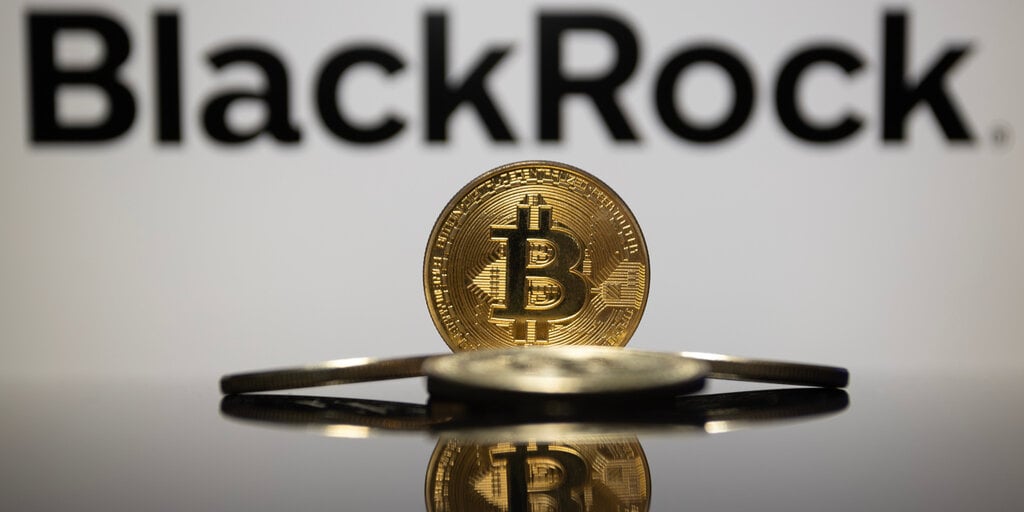teeth Bitcoin “Risk-on” or “risk-off” assets? Analysts at BlackRock, the world's largest asset manager, say major digital currencies don't fit into either category.
In a PowerPoint presentation shared on Wednesday, BlackRock said its clients see bitcoin as insurance against a possible U.S. debt crisis, noting that bitcoin has “little fundamental exposure” to the macro variables that affect other asset classes.BlackRock analysts cited bitcoin's limited supply, global nature and ease of cross-border transfers as some of its distinctive characteristics.
“Growing domestic and international concerns over the current state of the U.S. federal government's budget deficit and debt have increased the attractiveness of alternative reserve assets as a potential hedge against future events that may affect the U.S. dollar,” BlackRock analysts wrote.
“Based on our experience with clients to date, this explains a significant portion of the recent surge in institutional interest in Bitcoin,” they added.
According to the US Debt Clock, the US debt is currently $35 trillion, with an official annual budget deficit of $2 trillion. Republican Senator Cynthia Lummis and former President Donald Trump have both recommended using Bitcoin to eliminate the national debt by establishing a strategic Bitcoin reserve of 1 million BTC.
The report's authors described Bitcoin as a “non-sovereign currency alternative” that is unlikely to be affected by “banking system crises, sovereign debt crises, or currency depreciation” and “geopolitical turmoil.” In the long term, the authors see Bitcoin adoption growing in proportion to concerns about these crisis events.
This analysis is consistent with the long-standing argument that Bitcoin is an “uncorrelated” safe-haven asset. Bitcoin advocates have long argued that in hard times or when the US dollar weakens, investors will flock to scarce assets like Bitcoin. In reality, however, Bitcoin has not performed that way in recent years.
Since at least 2020, and since the pandemic-induced market crash in March of that year, Bitcoin has traded roughly in lockstep with Wall Street, especially tech stocks. With regards to “geopolitical turmoil,” Bitcoin fell 6% within 10 days of the Russian invasion of Ukraine in 2022, but recorded a net gain of 15% on the 60th day.
BlackRock believes these apparent discrepancies stem from Bitcoin’s immaturity as an asset, but also from the fact that it is “more likely to be sold” in times of panic compared to less liquid assets like real estate.
BlackRock said that for now, bitcoin remains a “risky” asset due to regulatory changes and its status as an emerging technology, but the asset manager said these risks are not shared with other investment classes.
“A simple 'risk-on' versus 'risk-off' framework lacks the nuance to be broadly useful,” BlackRock analysts wrote.
Disclaimer
The views and opinions of the author are for informational purposes only and do not constitute financial, investment or other advice.
Daily Report Newsletter
Enjoy our top news, original features, podcasts, videos and more every day.

